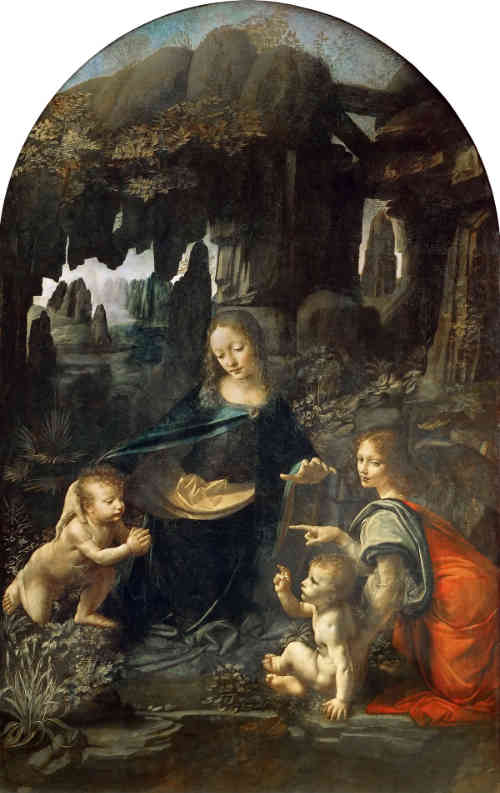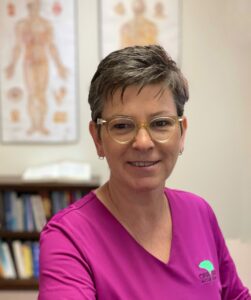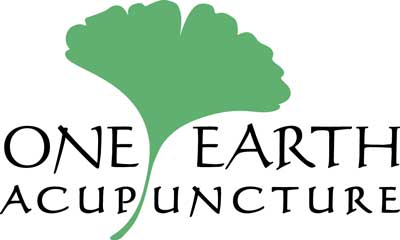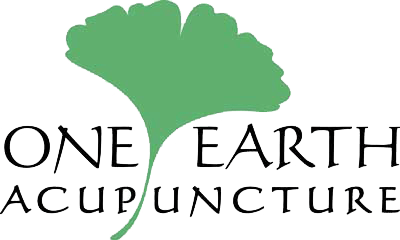What IS Health? (Creating Your Health: Part 2)
“Within the Eastern worldview, the human being is a microcosm of nature, a smaller universe”

If you stop to think about it, your body and a garden are both reflections of nature. Nature’s seasons can be observed in witnessing the cycles of a flourishing garden – sprouting, growing, maturing, ripening, harvesting and returning back to earth. This is a continuous process, an endless and eternal cycle.
Similarly, we have our own seasons – birth, growth, maturity, aging, and dying. Our cycles fluctuate daily, monthly, annually, and seasonally for the rest of our lives. When an acupuncturist attempts to understand these fluctuations, she takes into consideration the complex relationships of the body’s inner eco-system. With this understanding and knowledge, an acupuncturist can help you cultivate a bountiful and fruitful harvest of health.
Traditional Chinese Medicine (TCM) has been used for thousands of years and employs a holistic model that treats the WHOLE person – body, mind and spirit. TCM (which includes acupuncture) concentrates on ongoing wellness, versus simply treating symptoms. Acupuncture is not a ‘quick fix’; instead it provides you with the tools and knowledge to nourish your body. The premise of health (as discussed in earlier posts) is to plan for living well by making wise lifestyle choices.
True health is more than just not feeling sick. It means that you are functioning at your highest possible level (naturally without the aid of medication/narcotics or stimulants such as nicotine, sugar and caffeine). True health is when your body is in harmony, your mind is alert, and your spirit is calm. You have the energy to get the most out of life. Each aspect of your whole self is strong and balanced. Regular Acupuncture treatments help you achieve and maintain this level of wellness.
Following is a more detailed description of the body as a whole, in TCM terms.
According to TCM, the body is governed by five solid organs: the heart, kidney, liver, spleen and lung. These organs take on the primary responsibility for the major tasks. Each organ governs assigned internal functions, as well as the pathways of qi (pronounced ‘chee’), known as the acupuncture channels or meridians. The relationship of the organs and meridians is what gives life to the body, like the oceans and the continents of the world – currents and land mass meet and flow together, but each occupies its own territory.
In TCM, the kidney store ‘jing’ (a dense form of qi, essence that gives us life), while the heart houses the shen (spirit/mind). The kidney includes managing fluid metabolism, but further governs the will, growth, development, reproduction, regeneration, the bones and marrow, the lumbar region, ears and teeth. Problems such as delayed growth, ringing in the ears, infertility, low back pain, apathy or despair are viewed as deficiencies in the kidney network.
In addition to moving the blood, the heart controls the higher functions of the central nervous system, including internal and external perception and communication.
The liver stores and governs the blood, tendons and nerves, as well as the volume, pressure and circulation of qi and blood, temperament and judgment – ultimately unfulfilled desire can result from being over-stressed, which stagnates your Liver qi.
The lung governs respiration, circulation and distribution of moisture and qi, and maintains the skin and other defensive boundaries of the body.
The spleen assumes responsibility for digestion, assimilation, distribution of fluids, maintaining stability, density and viscosity of tissue and fluid. It generates muscle and flesh, and holds the blood within the proper boundaries of the vessels.
Each of these organ systems has its own function, yet one cannot function apart from the whole.

Evelynne Toth, L.Ac
Founder & Owner

